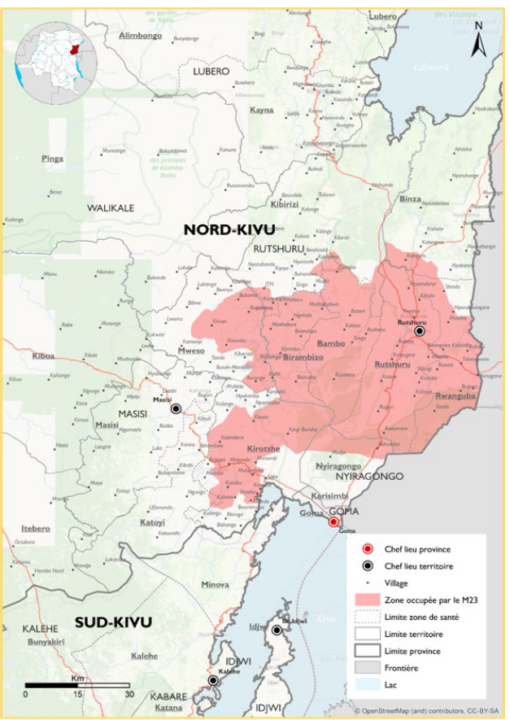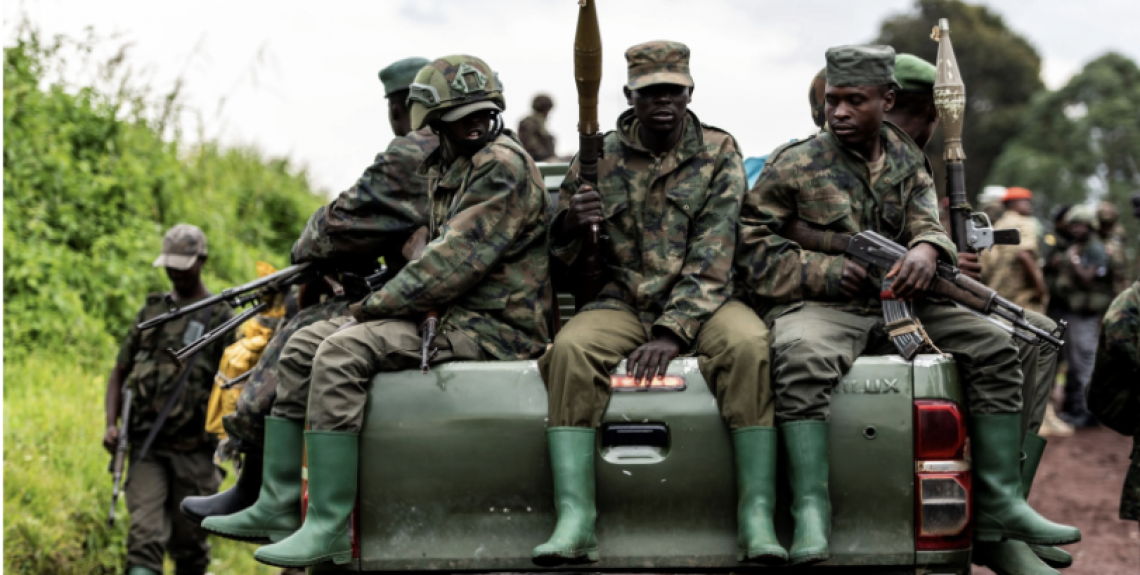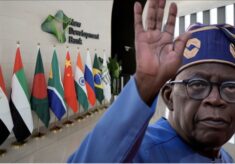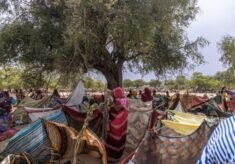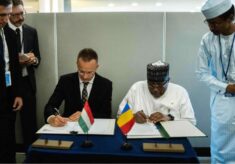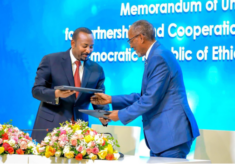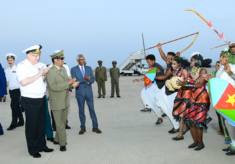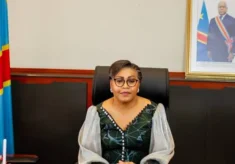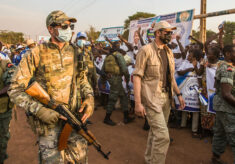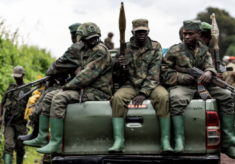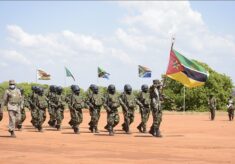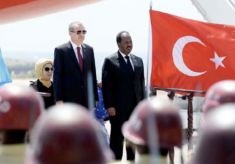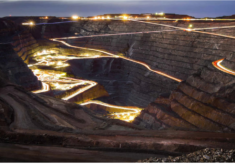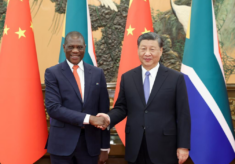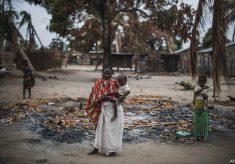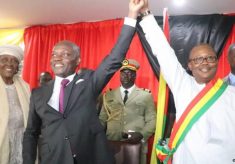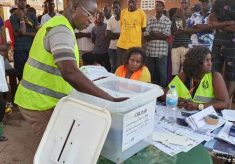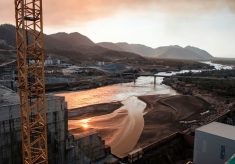In the DRC’s eastern provinces of North Kivu and South Kivu intense combat is continuing between the March 23 Movement (M23) and the Congolese armed forces (FARDC), together with allied local Wazalendo militiamen and with the support of foreign security contractors and the Southern African Development Community (SADC) contingents.
The M23 emerged in 2012, primarily composed of ethnic Tutsi fighters who defected from the Congolese army. The group was named after the March 23, 2009, peace agreement between the DRC government and the National Congress for the Defense of the People (CNDP), which was a Tutsi-dominated rebel group led by Laurent Nkunda.
